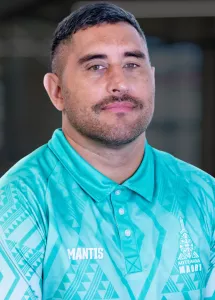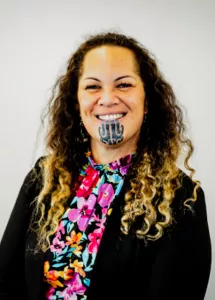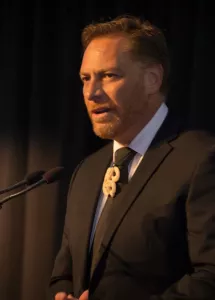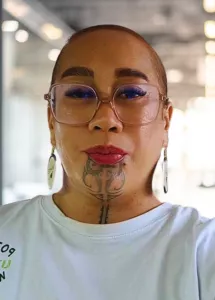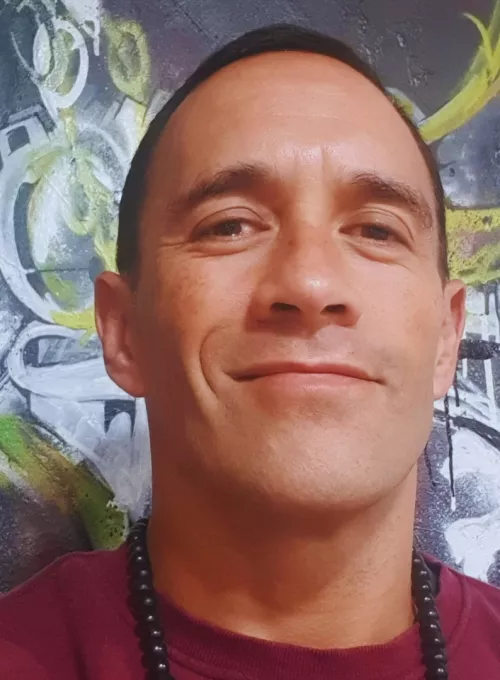
“A sign of good leadership is when people don't notice you are gone—things have been put in place so the pou or leader is not missed.” Whakaaro rangatira like this has helped shape Eugene Davis, of Ngāti Hauā and Waikato-Tainui descent.
For the past 23 years, Eugene has served as the General Manager of Te Ahurei a Rangatahi, a youth health and development organisation supporting young people and their whānau in the Waikato region.
Eugene who has an Honours degree in Community Psychology from the University of Waikato and a Master’s in Counseling- values the idea that everyone stands in their own mana and truth. He considers himself privileged to have experienced diverse forms of leadership and credits his time at Hato Tipene Kura with shaping his worldview and who he is today.
Growing up in Manurewa, South Auckland, and now residing in Kirikiriroa with his wife and children, Eugene has been active in tribal, community, and sporting spaces. Over the years, he has built skills, connections, and a strong profile, often putting himself 'out there' to be pono to his kupu about personal development and serving his community.
Eugene describes his leadership style as leading from behind or the side. However, he also acknowledges the words of Selwyn Katene at the Māori Public Health Leadership Wānanga in 2002: "Someone has got to step up the front. Rather than looking around for a leader, stop looking—you’re it!"
Guided by his learning in community psychology and indigenous frameworks, Eugene embraces a flipped leadership model. Instead of the traditional hierarchical triangle, he supports the Māori approach of leadership, where the chief is at the bottom, holding up the people. This model emphasizes that the fruits of leadership are for the betterment of the people, with the community as the primary beneficiaries of resources and manaaki. He also acknowledges that within Māori culture, non-performing leaders are definitively held accountable.
Eugene has extended his leadership beyond Te Ahurei a Rangatahi, serving for four years on the Executive Board of the New Zealand Association of Counsellors (NZAC) in the role of Te Ahi Kā.
Mauri Ora!
Links:
Eugene Davis - General Manager
Eugene Davis – Te Rau Matatini Trustee
Chris Webber 2017
Updated 3 December 2024
